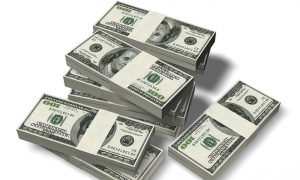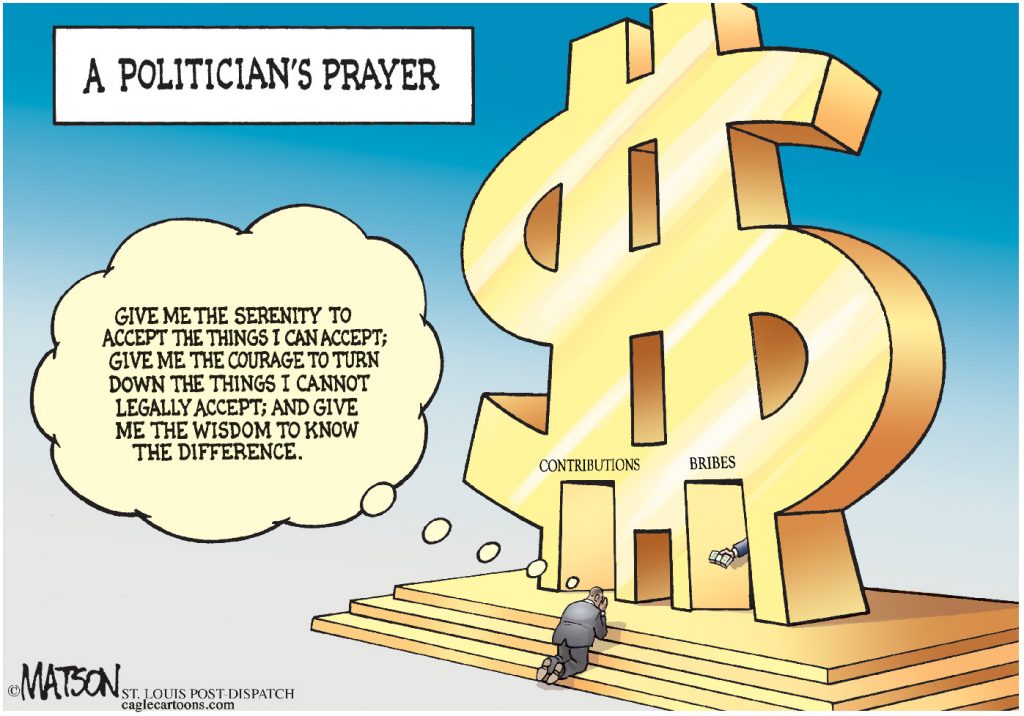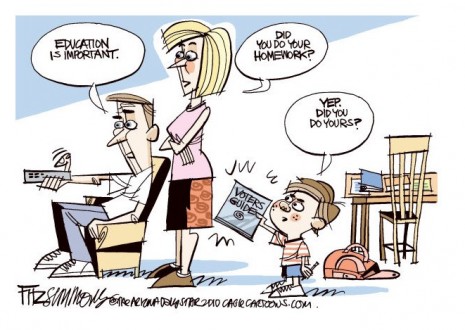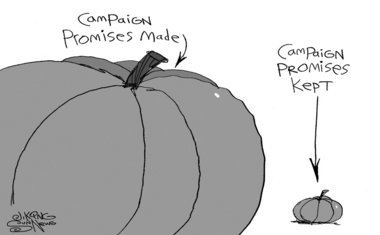 If you don’t already know, Tea Party Republican candidate for Anne Arundel County Executive Steve Schuh is personally wealthy. Do I begrudge him that? Is it a reason not to vote for him? No. Of course not. I envy his success, financially speaking. Who wouldn’t?
If you don’t already know, Tea Party Republican candidate for Anne Arundel County Executive Steve Schuh is personally wealthy. Do I begrudge him that? Is it a reason not to vote for him? No. Of course not. I envy his success, financially speaking. Who wouldn’t?
For almost 8 years, he’s represented a high income, high net worth legislative district. He’s raised hundreds of thousands of dollars – including over $500,000 of his own money – for his primary and general election campaigns from wealthy friends and corporate contributors who have the money and can smell a victory. It’s not that these contributors like Steve or respect his politics or personal points of view, so much as it is that they want to be tight with the next County Executive. It’s a self-feeding process. The more money Steve’s campaign raises, the more certain the contributors are that they’ve done the right thing – and the more likely they are to throw more money at him.
By comparison, his Democratic opponent, George Johnson, has raised, well, very little, too little to mount a competitive campaign. He’s the superior candidate. Your family and business will be better off if he’s your County Executive. Unfortunately, he might not have the money to reach enough prospective voters. Financially speaking, Steve Schuh is running unopposed.
Am I complaining about this disparity between the candidates? Absolutely. I hate the role that money plays in our political process and every thinking American who sincerely believes in democracy should too. But can we blame Steve for taking advantage of the system? No. We can and should blame him for not attempting to change it, to remove money from politics during his tenure in the House of Delegates, but the system is what is.
Here’s the problem… The county is too large.
Round numbers, Anne Arundel County has 350,000 registered voters. If those voters turn out on this Election Day to the same extent as they did in 2010 – the last gubernatorial election –210,000 of you will go to the polls.
Most of those 210,000 people are only casually interested in the election and know very little about either candidate. They may or may not read articles in the paper about the election. Very few, tiny percentages of them attend town meetings and forums where the candidates make appearances. For the vast majority of these 210,000, voting is a perfunctory responsibility they respect, but in which they invest very little time. They all read the Next Contestant, of course –somewhere in my dreams.
These 210,000 people are going to vote their party or for one or the  other candidate based on one or two specific issues. Women, for example, may vote against Steve Schuh because he’s pro-life – but then others will vote for him for the same reason. He’s a Tea Party Republican – and that, if he loses, will probably be the primary reason why. Despite a small Democratic majority among registered voters, Anne Arundel County is conservative and tends to think “Republican.”
other candidate based on one or two specific issues. Women, for example, may vote against Steve Schuh because he’s pro-life – but then others will vote for him for the same reason. He’s a Tea Party Republican – and that, if he loses, will probably be the primary reason why. Despite a small Democratic majority among registered voters, Anne Arundel County is conservative and tends to think “Republican.”
Unfortunately for Steve, there are a good many regular Republican voters – and a great many registered Democrats – who aren’t crazy about the Tea Party and may either opt not to vote for anyone or for his opponent, George Johnson. He’s is a career law enforcement officer, three times elected Sheriff of Anne Arundel County. He’s a Democrat, but one that many Republicans can fell comfortable supporting.
Good news for Steve. Most likely voters have no idea he’s a founding member of the House of Delegates Tea Party Caucus. He’s not talking about it and the Johnson campaign doesn’t have the money to tell enough of you to make any real difference.
Okay, so how does a candidate communicate with 210,000 likely voters? Door-to-door? Of course not. Town meetings and forums? Have you ever been to one? Nobody comes. No. The only options in a county with as many people as yours are mass media.
1. Local cable television. Network and airborne television is too expensive because you’re paying for coverage that’s outside your campaign area. A 30 second commercial on local cable can cost between $10 and $100. If that sounds cheap, it’s because it is – and that’s because not a whole not of people are watching. And remember, the only viewers you care about are likely voters. People under 18 and who are not likely voters don’t count.
 2. Radio. Not worth the investment. There really isn’t any significant local radio in Anne Arundel County. Once again, you’ll be paying big radio stations for coverage, most of which has nothing to do with your election.
2. Radio. Not worth the investment. There really isn’t any significant local radio in Anne Arundel County. Once again, you’ll be paying big radio stations for coverage, most of which has nothing to do with your election.
3. Newspaper advertising. The only papers that matter are those in the Capital Gazette group including the Capital itself, the Maryland Gazette and a couple of other titles. An eighth of page ad running in all these papers, collectively, costs under $1500 a week for key days. A quarter of a page, a bit less than twice that much and so on. The bigger the ad, the more likely it is to be read, but by who? Print advertising is affordable, but only on a repetitive basis and as a part of strategy that includes other media.
4. Robo calls. Very inexpensive. A single robo call to 50,000 voters costs only $2,250. Land lines only which eliminates a lot of younger voters. Properly written, delivered by the candidate him or herself, they can be very cost effective – particularly if name recognition is the primary objective.
5. Mailings. Very expensive, but highly targeted. Local candidates love mailings as they should, provided they get them out earlier enough and don’t wait for the last minute. When you get something in the mail, seconds count. A month before the election, when your mailer is the only one in my mailbox, I may take a moment to look at it. Yesterday alone, I received 5 mailers along with other items, bills, magazines, the usual. I looked at the candidate materials, barely, very briefly, but didn’t actually read any of them.
Depending upon size and postage. mailings can cost as much as $.50 a piece. Do the math. 50,000 units at $.50 a piece will cost $25,000, plus writing and design work. And that’s only to a sample of less than 25% of likely voters. If you want to reach all 210,000 voters at least once, with one or a combination of mailings, plan on spending a minimum of $100,000 for just that one mailing or series. Steve Schuh will send out several mailings. He’s got the money to do it.
Steve’s opponent, arguably the superior candidate for a number of reasons, will be lucky if he can send out one mailing to a fraction of the total population of likely voters. His team, if they do a mailing, will rationalize how they pick their small sample of likely voters by making all sorts of untested assumptions about who’s likely to vote for whom. They’ll do their best to aim their mailing at prospective voters they believe to be most critical to a victory. It’s not easy, particularly without the money to do extensive polling. Good luck with that.
Politics, as you’re beginning to understand, is not a sport for people with shallow pockets. A poorly funded campaign will instinctively save its money until the end, until the last 2 weeks of the campaign. Huge mistake. By then, every candidate for every office will be on television, mailing and robo calling. Too much noise. People will tend to tune all of them out.
Here’s an election factoid for you that even the most experienced  local candidates don’t get. There’s a sweet-spot. Voters don’t pay attention too early and a week or two before the election is too late for local campaigns to make significant headway. Like I said, there’s a sweet-spot somewhere in the middle during which a smart, but not necessarily well-funded campaign can slowly, but surely make a serious, lasting impression on the electorate.
local candidates don’t get. There’s a sweet-spot. Voters don’t pay attention too early and a week or two before the election is too late for local campaigns to make significant headway. Like I said, there’s a sweet-spot somewhere in the middle during which a smart, but not necessarily well-funded campaign can slowly, but surely make a serious, lasting impression on the electorate.
Back to the money… There are 210,000 likely voters. It’s not your fault that one candidate has the money to use mass media to get out his name and message, while the other candidate doesn’t. And it’s not their fault – although money tends to attract more of itself. It’s nobody’s fault, but make no mistake about it, Steve Schuh is doing his perfectly understandable best to buy your vote. When it’s all said and done, rough guess is that he will have outspent his Democratic opponent 10 to 1. And his commercials and mailings? At a subconscious, if not conscious level, you’re in real danger of falling for all it – which is exactly what he has in mind.
So, exactly how do you feel about that?

